In a statement on X, Centcom, which directs American military operations in Europe, Africa and the Indo-Pacific, said Operation Hawkeye Strike was launched at 16:00 Eastern Time (21:00 GMT) on Friday.
Centcom commander Admiral Brad Cooper said…
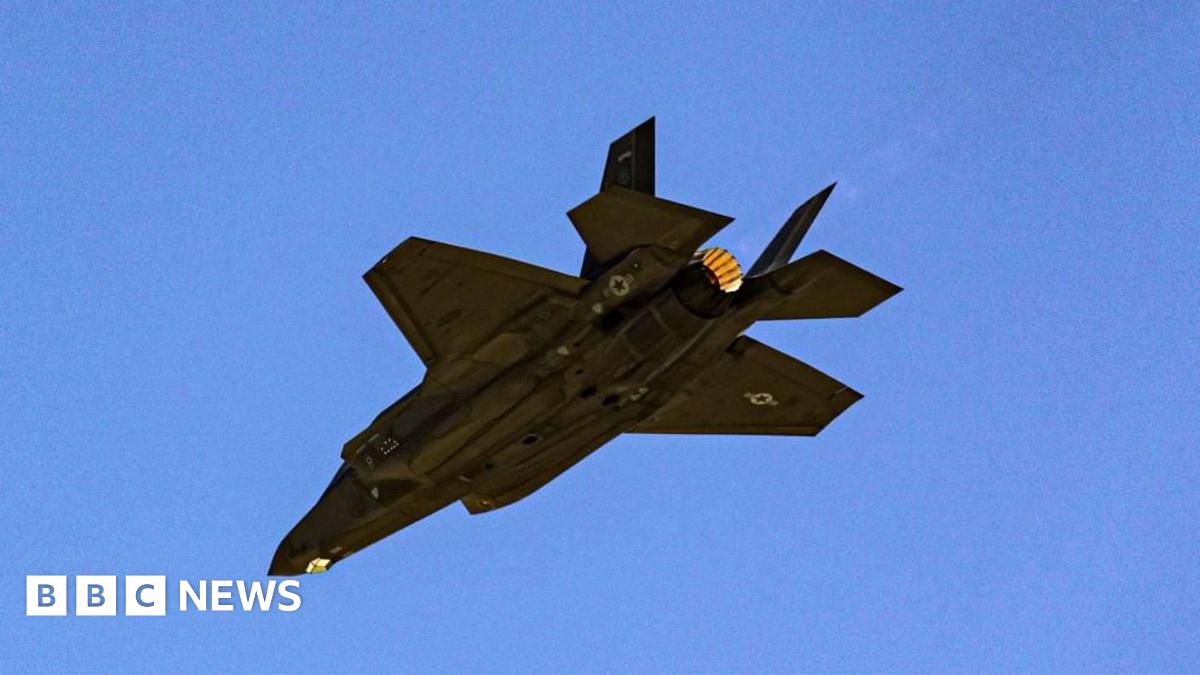
In a statement on X, Centcom, which directs American military operations in Europe, Africa and the Indo-Pacific, said Operation Hawkeye Strike was launched at 16:00 Eastern Time (21:00 GMT) on Friday.
Centcom commander Admiral Brad Cooper said…
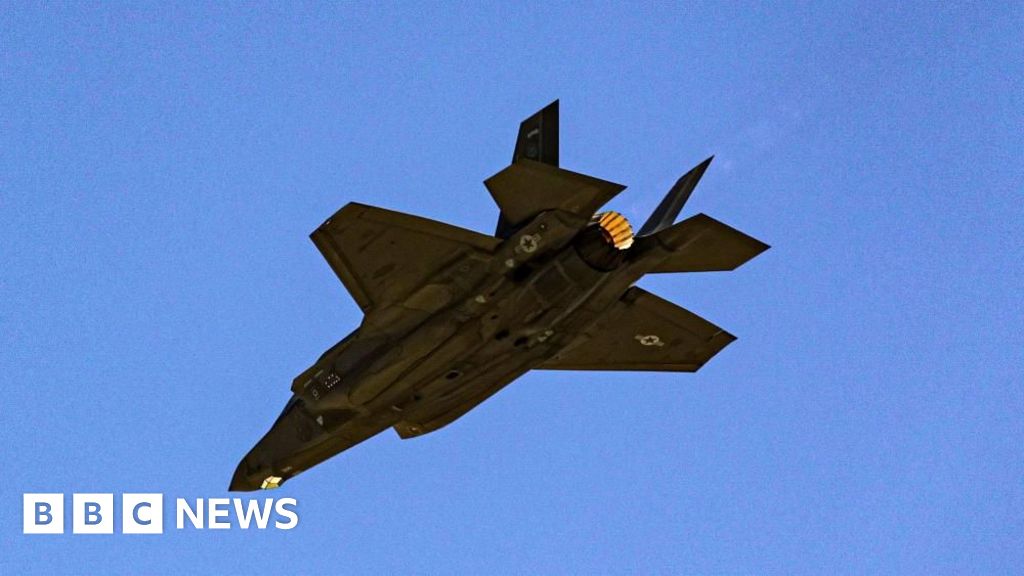
The US says its military has carried out a “massive strike” against the Islamic State group (IS) in Syria, in response to a deadly attack on American forces in the country.
Defence Secretary Pete Hegseth said Operation Hawkeye Strike was aimed at…
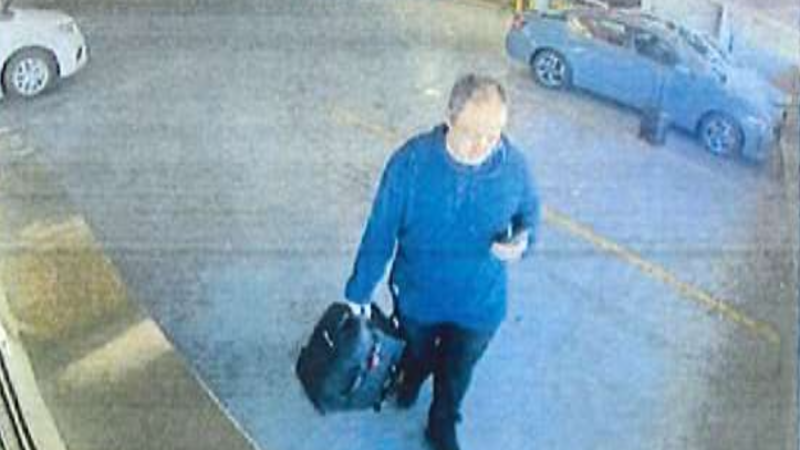
As investigators work to find a motive behind the mass shooting at Brown University and the slaying of an acclaimed MIT professor, former classmates of the accused killer described him as a brilliant but…
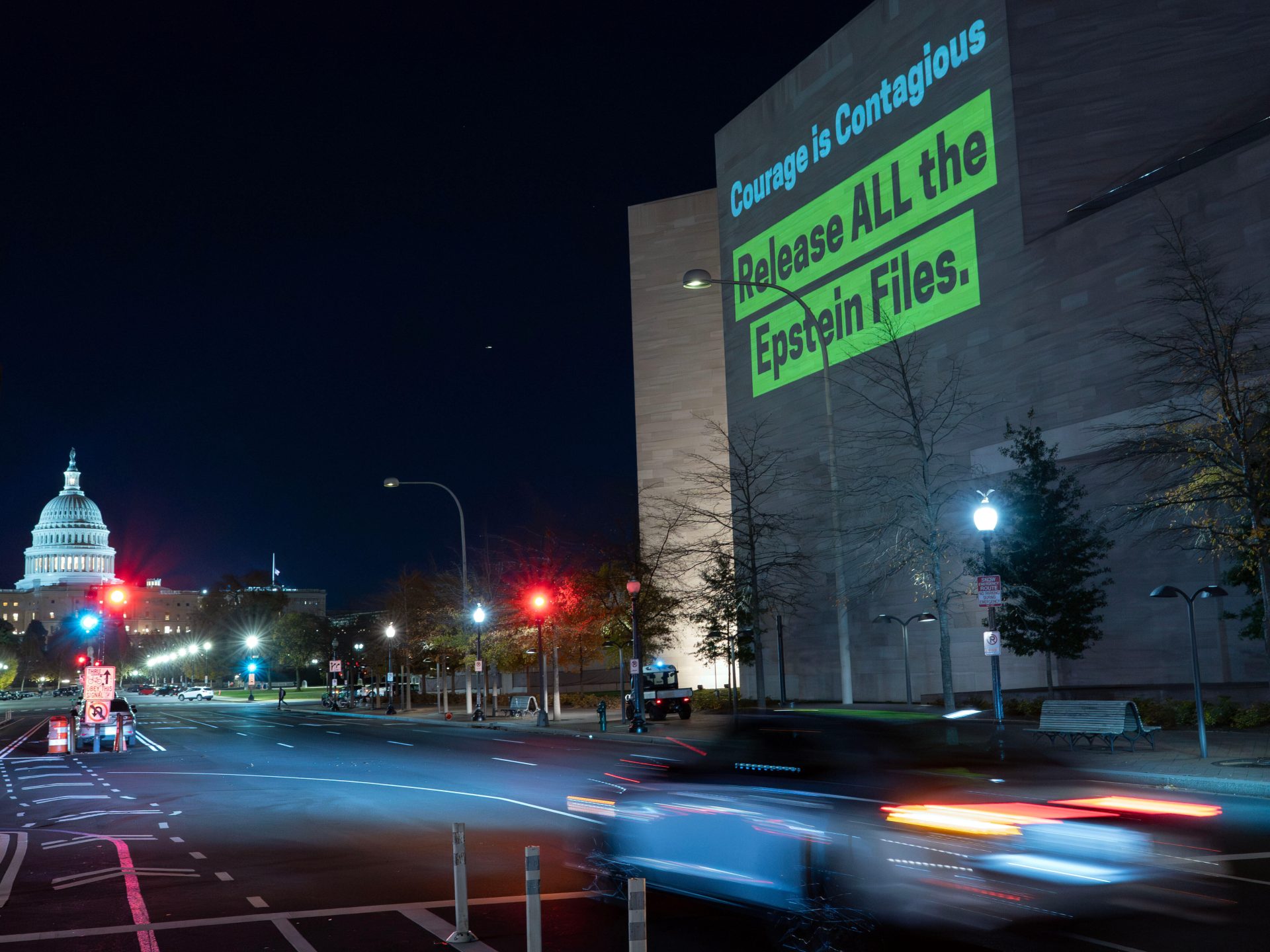
The United States Department of Justice has begun to release part of its trove of files documenting the life and crimes of the late convicted sex offender Jeffrey Epstein.
But Friday’s much-anticipated release is expected to fall short of the…

The US military launched airstrikes against dozens of Islamic State targets in Syria on Friday in retaliation for an attack on US personnel, two US officials have said.
The attacks came after Donald Trump vowed to hit back after an attack last…
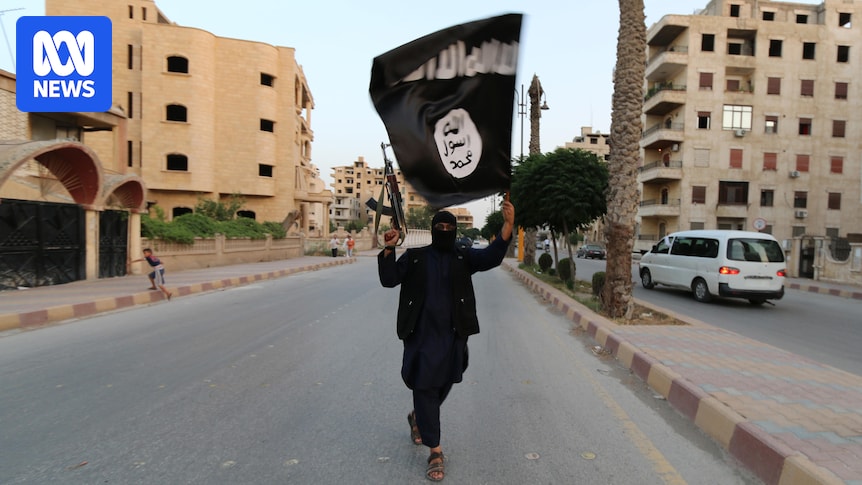
The Islamic State, once known as “the world’s deadliest terror group”, is back in the news after being linked to the Bondi Beach terrorists.
But what is this group, which once ruled a territorial “caliphate” and inspired attacks all over the…
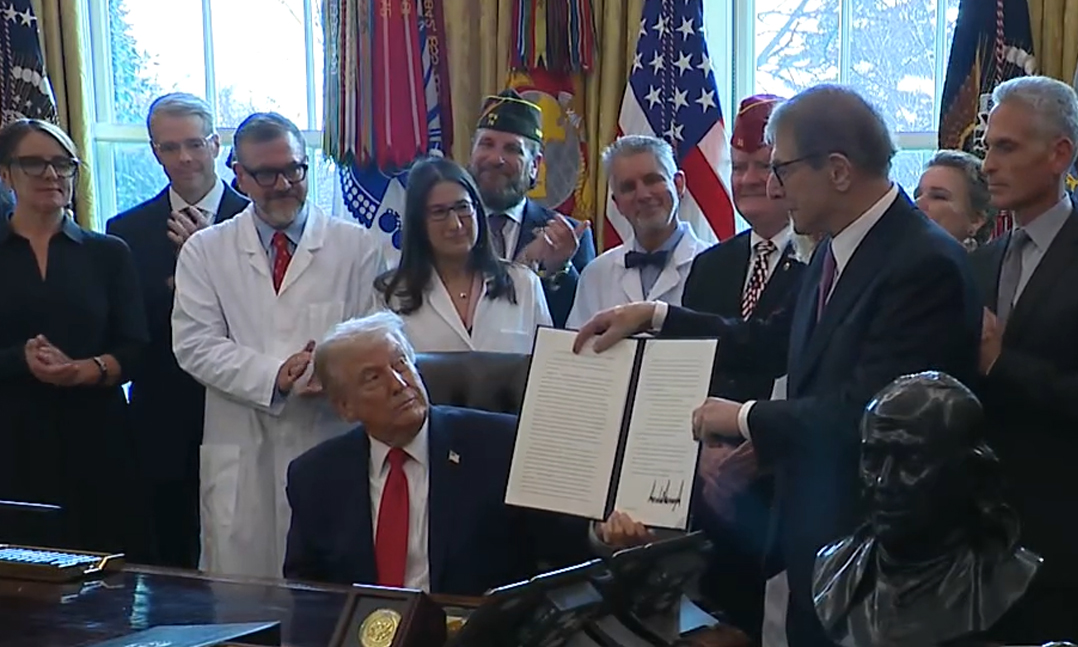
WASHINGTON – The Veterans of Foreign Wars (VFW) applauds President Donald J. Trump for signing an Executive Order rescheduling marijuana from Schedule I to Schedule III, a decisive step recognizing legitimate medical uses and expanding…
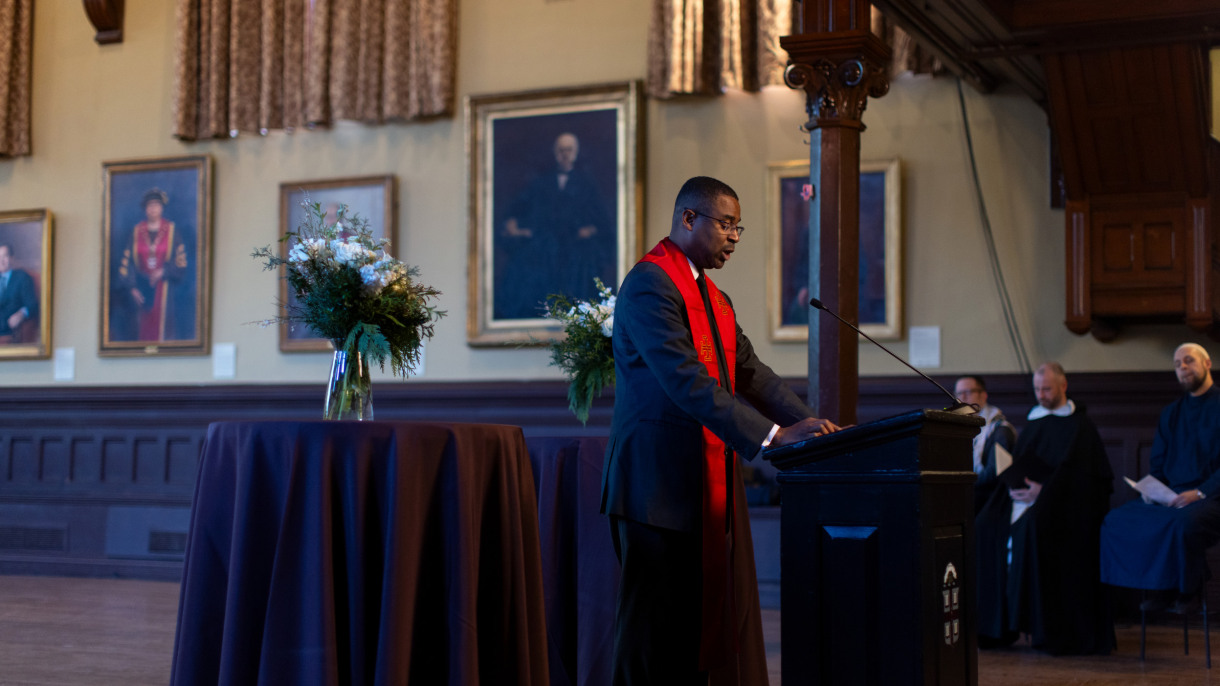
PROVIDENCE, R.I. [Brown University] — Many members of the Brown community gathered virtually on Wednesday, Dec. 17, for an interfaith community service that offered a supportive space for reflection, remembrance and care following a…
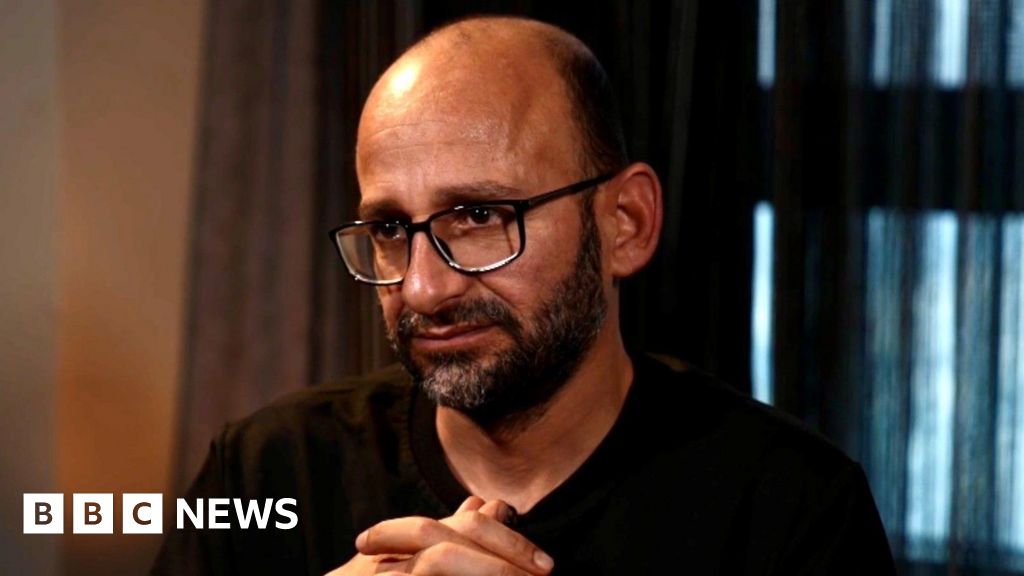
 BBC
BBCThis article contains descriptions of sexual abuse and violence which some readers may find distressing.
Two Palestinian men have told the BBC…